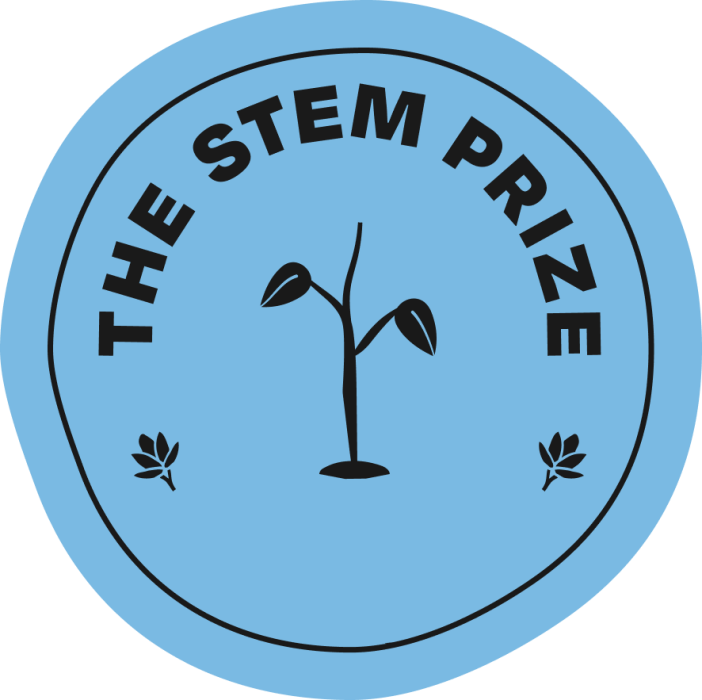Can you bring to life how the last 6 months have gone for you as a project leader?
A lot has happened around the project. There have been many changes, redirections, and new ideas.
The year started quite calmly; Guardianas del Estuario (GDE) didn’t progress much, mostly because I was finishing my internship to complete my undergraduate degree. Once I finished my studies, we managed to host and attend a number of gatherings, including a governance roundtable with women from El Paredón, introducing activities like data collection on mangrove crabs. I also attended a youth gathering with the GAJ (Youth Advisory Group), where we discussed inequalities based on our experiences and areas of action. It was a valuable opportunity to start dialogues on the importance of linking environmental issues with social challenges.

We also organised a BIOExpo to celebrate International Day for Biological Diversity with another youth-led project that has supported GDE since the beginning. I gave a talk titled “Community Inclusion in Conservation Processes,” presenting the GDE case and our methodologies. The event generated lots of interest and questions. I also attended the Plurinational Water Summit, where Indigenous peoples came to the capital to advocate for river and water protection. I learned from their struggles and experiences, and we formed alliances to connect their fight to coastal areas as well.
Along with event and community-building workshops, we have been collecting relevant scientific data, leading to some exciting discoveries. We have managed to successfully identify the Mytella strigata, a mussel that lives in the ecosystem.
Looking ahead, we have also been building partnerships, including joining The Ocean Innovation Hub in Costa Rica and attending UNOC under their accreditation. It’s been a busy six months, and we are not slowing down as we are launching a digital campaign focused on oceans!

What has changed for you and the project since winning the award? Were any of these outcomes unexpected or surprising?
Mainly, the project’s focus has shifted. At first, this really scared me, but through the Coalition Wild EXCELerator Programme, I learned that this is normal and acceptable, as long as the core vision remains intact. Many more results and activities emerged than I had initially expected. The downside is that with so many new opportunities and ideas, some original goals haven’t been fully met. For example, the full integration of the women’s shellfish gatherers group has been challenging. While we have worked with them, it’s been in smaller, segmented groups, partly due to internal conflicts in the community.
The most surprising outcome was discovering another group that has been easier to work with despite our shorter time together. This motivates me to reintegrate the initial group into the research program.
I also realised the project’s versatility. There can be subprojects or subprograms within environmental education, awareness, research, outreach, and content creation.
How has managing this project changed the way you think, lead, or act within your community?
I increasingly value the community’s needs and decisions. This journey has helped me better understand the dynamics of my country and its people. I’m more certain than ever that I want GDE to be an inclusive project that equips communities with the tools to make decisions, with me and the project acting as facilitators of resources for ecosystem protection.
Personally, I’ve grown a lot. I question more, I’ve even changed my diet, and I try to understand different forms of life, not just human ones. Many now recognise me as the founder of Guardianas del Estuario, so I strive to embody that role in all aspects of my life, and I don’t feel pressured to do so. As the project grows, I grow too.

How has it been to work with The Iris Project in a trust-based and unrestricted way? How have you felt as a grantee?
I’ve felt incredibly supported. I’m truly grateful that this was my first grant, especially because of the consistent guidance I’ve received. I’ve met others who’ve received grants, but none have had the kind of support The Iris Project offers. That makes me feel fortunate, and it teaches me how to treat others the same way. The award and support have humanised the process, and I want to replicate that approach within my own project, even if on a smaller scale.
If you could give one piece of advice to someone starting their journey as an environmental leader, what would it be?
Take the first step. Being an environmental advocate is a bold decision. If a young person wants to make a difference for the planet, the first thing is to act, no matter how small the action may seem. I believe in the power of community and that working together is stronger than going alone. But to find that community of passionate youth and supporters, you first need to take the step alone, afraid, unsure. Along the way, you’ll find people who share your values and goals, and together you’ll become stronger. That’s the reward for being brave enough to start.

Finally, what exciting things lie ahead for you and your project?
The project has been well received, especially by young people. The next step is to incorporate volunteers. I want to develop the capacity to lead a team of volunteers, provide them space in the project, recognise the value of their work, and ensure they have a dignified role.
During the GEM programme, I learned many techniques for designing project activities. I want to explore new approaches like artivism and sensory activities that reconnect people with their ecosystems. My goal is long-term sustainability, where communities protect their resources and make that decision on their own, not just for financial incentives. I’ve seen many projects end when the funding stops, leaving no lasting impact. I want GDE to be a tool for rebuilding a sense of belonging in coastal communities, communities that have suffered from migration and inequality and have lost that vital connection with their territory.




